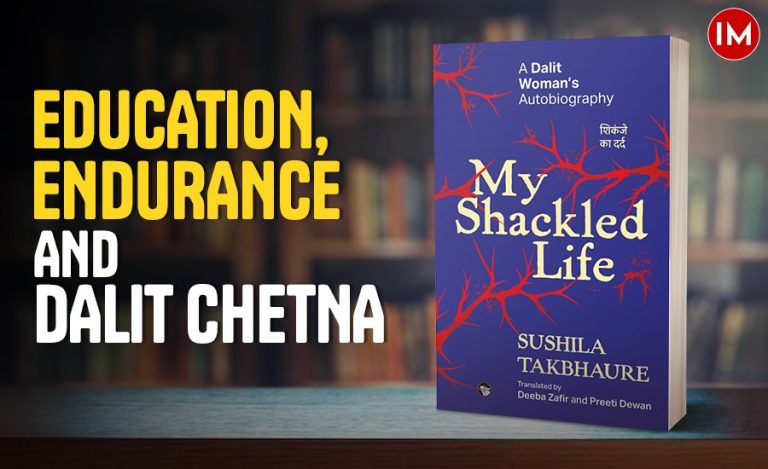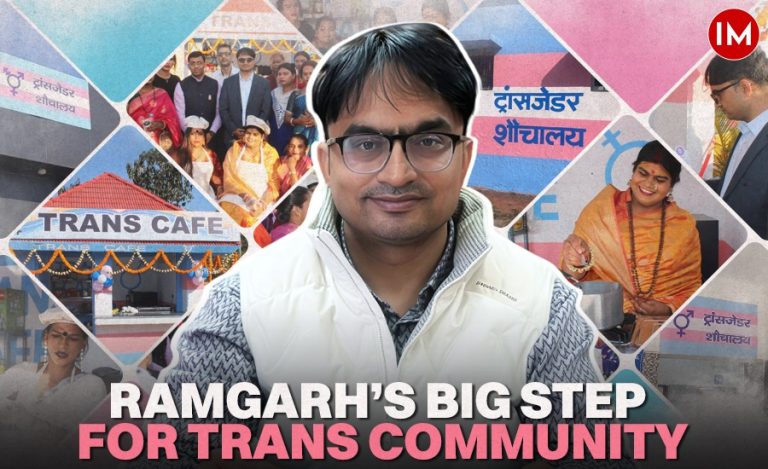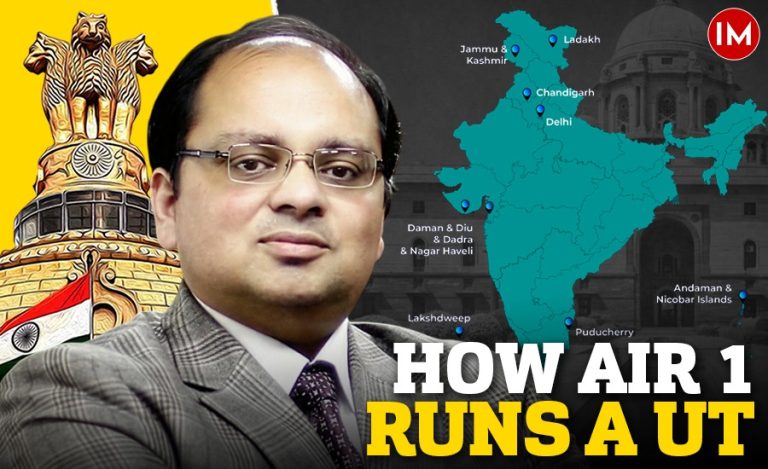Before reflecting on the subject of Jungle Raj, it is essential to understand what the term truly means. We tend to invoke it every time a heinous crime occurs. This, perhaps, is not entirely correct. Crimes occur in all societies; however, it is the way a society reacts to them that distinguishes Jungle Raj from Rule of Law.
Justice and Equity are the two fundamental pillars of the Rule of Law. It is easy for any society to proclaim that it wishes to stand on the foundation of equality and fairness. In India, our Constituent Assembly debated this deeply and ultimately enshrined the principle of equality in the Constitution. The concept of equity in our nation stems from the equality of votes — one person, one vote. It was almost as if, like in the Bible, “God said, Let there be light — and there was light.”
This equality generated a sense of empowerment among all sections of a society that had long suffered from social and economic fractures. Yet, to carry the weight of equity on a fractured pillar, the pillar needed the strength of Justice. Unlike equity, justice cannot be created merely by wishing for it.
THE MALAISE IN THE SYSTEM
And this is precisely where the malaise lies. Our justice system was given a form, but left without strong content. To make matters worse, the Executive — which was expected to carry the onerous task of ensuring equity on its powerful shoulders — cracked and crumbled at the mere touch of black money.
Take any incident — whether the recent one at Mokama or the series of similar events in the 1990s — they all fit this pattern. The failure has two faces:
- A diseased and ineffective justice system.
- The unchecked and corrosive influence of black money in society.
THE DISEASED JUSTICE SYSTEM
The biggest weakness of our justice system lies in its inability to bring processes to their logical conclusion. Cases begin in all seriousness but rarely reach their end.
During a random survey I conducted of a few FIRs that were 30 to 40 years old, I tried to see whether the criminal process initiated at some point had ever reached a judicially complete end. The conclusion was disheartening — the cases had a pointed beginning but a blurred, indefinite end.
When justice remains pending for decades, the public’s faith in the system weakens. And where faith in justice ends, Jungle Raj inevitably begins. It returns, again and again, with a frequency that corrodes society from within.
STRENGTHENING THE RULE OF LAW
Media narratives about the first phase of the present government’s tenure and its success in controlling the aftermath of Jungle Raj coincided with several legal reforms I had experimented with — such as speedy trials, speedy appeals, and bail cancellations. These experiences proved my belief that even a modest improvement in the criminal justice system makes the Rule of Law visibly stronger.
Similarly, if the circulation of black money is curtailed, Jungle Raj begins to fade away. The policing system, too, is an integral subset of the larger judicial mechanism. Unfortunately, over time, it became detached from this framework and instead got tied to the tail of the Executive.
The Indian Police Service (IPS), which had been envisioned as an independent and constitutionally significant institution, gradually lost its original purpose by being distanced from the judicial process. This structural flaw also contributed to the steep slide towards Jungle Raj.
THE RELAY OF JUSTICE
The criminal justice system can be compared to a 4 × 400 relay race. The four runners — Legislature, Police, Judiciary, and Reformatory Institutions — must run their respective segments with precision and fairness. Each must pass the baton correctly, respecting the rules of transition. If even one exchange goes wrong, the entire team is disqualified.
This disqualification, in societal terms, manifests as Jungle Raj. Unfortunately, our society often expects the police not only to run its own race but also to finish the races of the other three runners. Such unrealistic expectations are a sure recipe for failure.
If we truly wish to restore the Rule of Law, we must strengthen every leg of this relay. The Legislature must make effective laws, the Police must enforce them fairly, the Judiciary must deliver timely justice, and Reformatory systems must ensure rehabilitation and deterrence.
Only then will the baton of justice complete its journey smoothly — and only then will Jungle Raj permanently give way to a society governed by fairness, integrity, and law.
(The author is Former IPS Officer and Ex-DGP of Bihar Mr. Abhyanand)
































